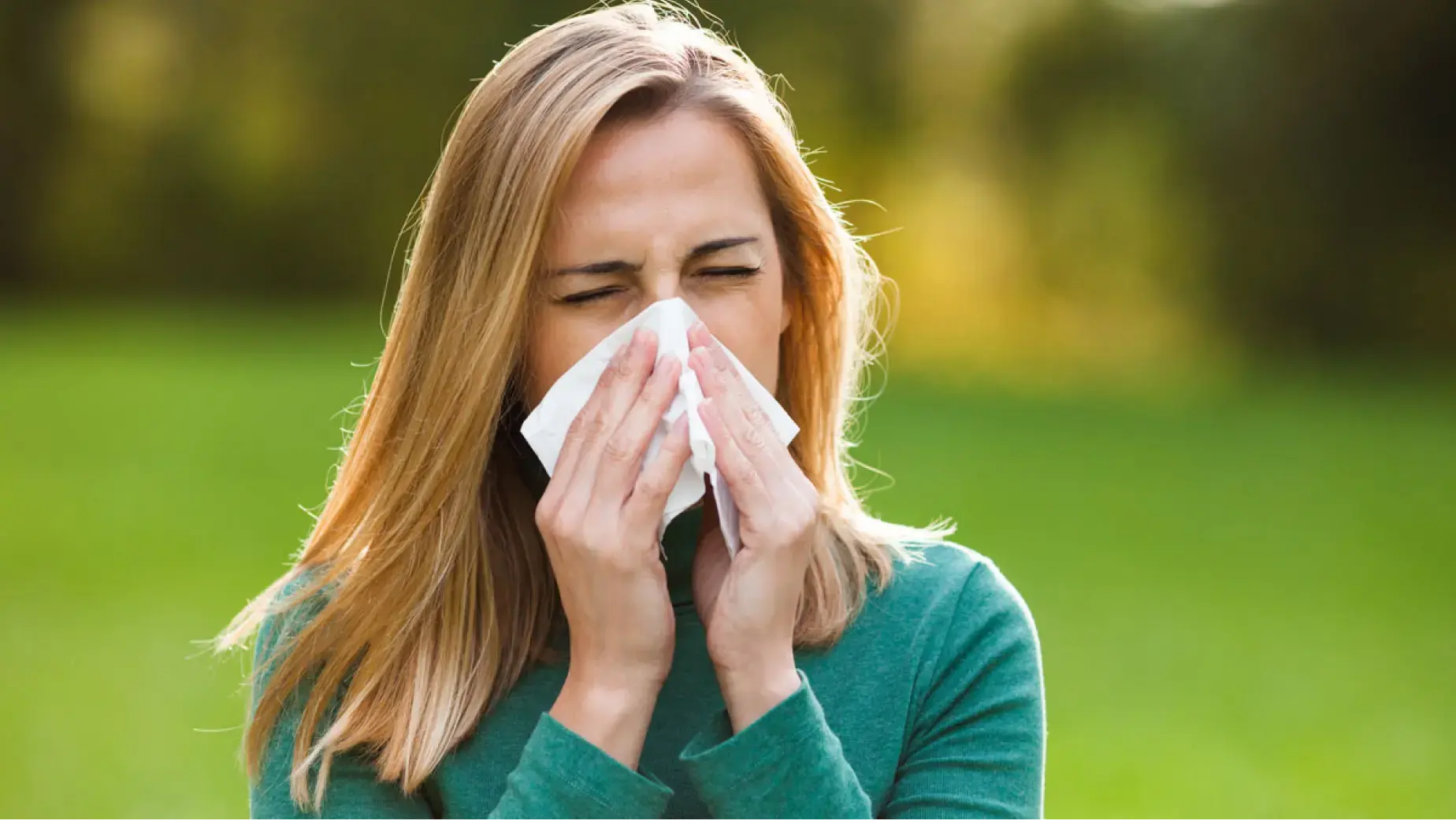
Introduction
Seasonal allergy sneezing is very common, especially during spring or fall. Many people feel uncomfortable due to sneezing, runny nose, and itchy eyes. These allergies are usually caused by pollen, dust, or mold in the air. While medicines are available, many people prefer using home remedies for relief. These home treatments are natural, simple, and have fewer side effects. In this article, we will talk about the best home remedies for seasonal allergy sneezing using easy and simple words.
What Causes Seasonal Allergy Sneezing?
1. Pollen in the Air
Pollen from trees, flowers, grass, and weeds can cause sneezing. When the wind carries this pollen, people breathe it in, and it causes allergies.
2. Dust and Mold
Dust particles and mold spores also trigger sneezing and allergic reactions. These are usually found in carpets, old furniture, and damp places in the home.
3. Change in Weather
A sudden change in temperature, especially during season changes, can make the body react and cause sneezing.
Effective Home Remedies for Seasonal Allergy Sneezing
1. Drink Warm Water with Honey
Warm water with a spoon of honey helps soothe your throat and reduce sneezing. Honey is a natural anti-inflammatory and may also help build immunity against pollen.
2. Use a Steam Inhaler
Inhaling steam helps open blocked nasal passages and cleans your airways. Add a few drops of eucalyptus oil or peppermint oil for better results.
3. Keep Windows Closed
During allergy season, try to keep windows and doors closed, especially in the early morning when pollen levels are high. Use an air purifier at home if possible.
4. Saline Nasal Rinse
Rinsing your nose with a saline solution helps remove allergens like pollen and dust. Use a neti pot or a spray bottle to gently clean your nasal passages.
5. Ginger and Turmeric Tea
Ginger has anti-allergy properties and turmeric helps reduce inflammation. Boil some ginger and turmeric in water and drink it like tea to ease allergy symptoms.
6. Stay Hydrated
Drink plenty of water throughout the day. Water helps to thin the mucus in your nose and throat, making it easier to clear out allergens.
7. Wear a Mask Outside
Wearing a face mask when going outside helps stop pollen and dust from entering your nose and mouth. This is especially useful during high pollen days.
8. Take a Shower After Coming Home
When you come back home from outside, pollen and dust may stick to your hair and clothes. Taking a shower and changing clothes can help reduce sneezing.
9. Use Coconut Oil in the Nostrils
Rubbing a small amount of coconut oil inside your nostrils may act as a barrier to stop pollen and dust from entering. This also helps keep your nose moist.
10. Eat Vitamin C Rich Foods
Vitamin C is good for boosting your immune system. Eat fruits like oranges, strawberries, guavas, and lemons. These may help reduce sneezing and other allergy symptoms.
Tips to Avoid Allergy Sneezing at Home
Clean Regularly
Dust your home regularly. Clean fans, curtains, and furniture where dust can gather. Use a vacuum cleaner with a HEPA filter for better cleaning.
Wash Bedsheets Often
Pollen and dust can settle on your bed. Wash bedsheets and pillow covers in hot water at least once a week to kill allergens.
Keep Pets Clean
If you have pets, bathe them regularly. Pollen can stick to their fur and spread around your home.
When to See a Doctor?
While home remedies can help, you should see a doctor if:
- Your sneezing doesn’t stop after several days.
- You feel shortness of breath.
- You have fever or facial pain.
- Your allergy gets worse over time.
5 FAQs About Home Remedies for Seasonal Allergy Sneezing
Q1: Can honey really help with allergy sneezing?
Yes, honey may help reduce sneezing because it has natural anti-inflammatory properties. It also soothes the throat and may build resistance to pollen over time.
Q2: Is steam inhalation safe for children?
Yes, steam is usually safe for children, but an adult should always supervise. Make sure the steam is not too hot to avoid burns.
Q3: How often should I do a saline nasal rinse?
You can do a nasal rinse once or twice daily during allergy season. It helps remove allergens and keeps your nose clean.
Q4: Do masks really work for pollen allergy?
Yes, masks can block pollen and dust from entering your nose and mouth. They are helpful when going outside during high pollen times.
Q5: Can drinking water reduce sneezing?
Yes, staying hydrated thins mucus and helps your body flush out allergens, which can reduce sneezing and congestion.
Conclusion
Seasonal allergy sneezing can be very uncomfortable, but many home remedies can give you relief. From drinking warm honey water to using steam and saline rinses, natural ways are easy and effective. Keeping your house clean, eating healthy, and staying hydrated are also very helpful. These small changes in your daily life can make a big difference. However, if your allergy symptoms become severe, don’t ignore them—consult a doctor. Taking care at the right time can keep you healthy and sneeze-free during allergy season.
